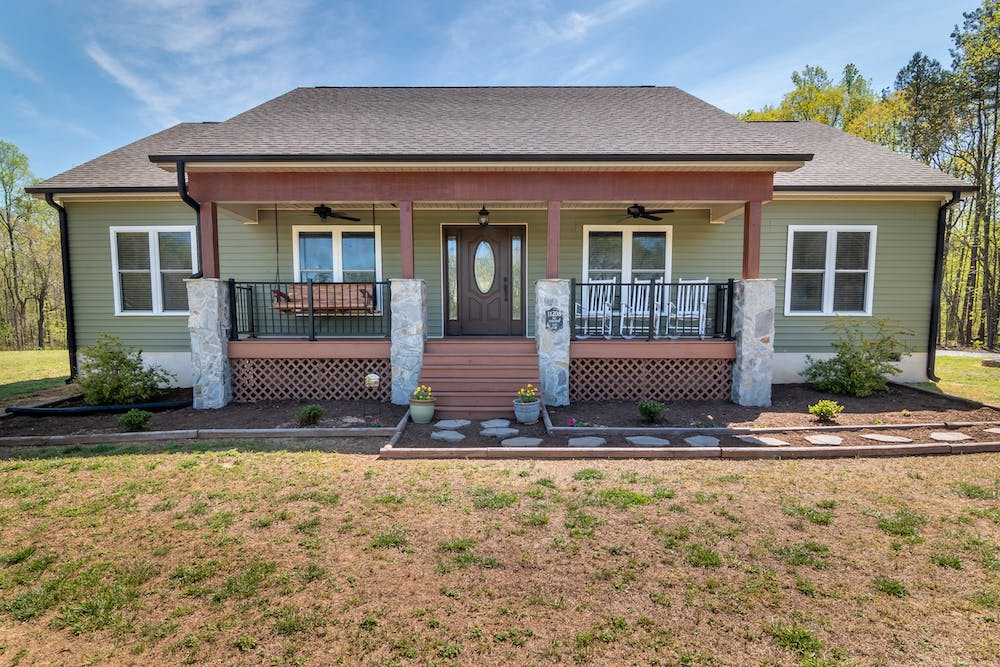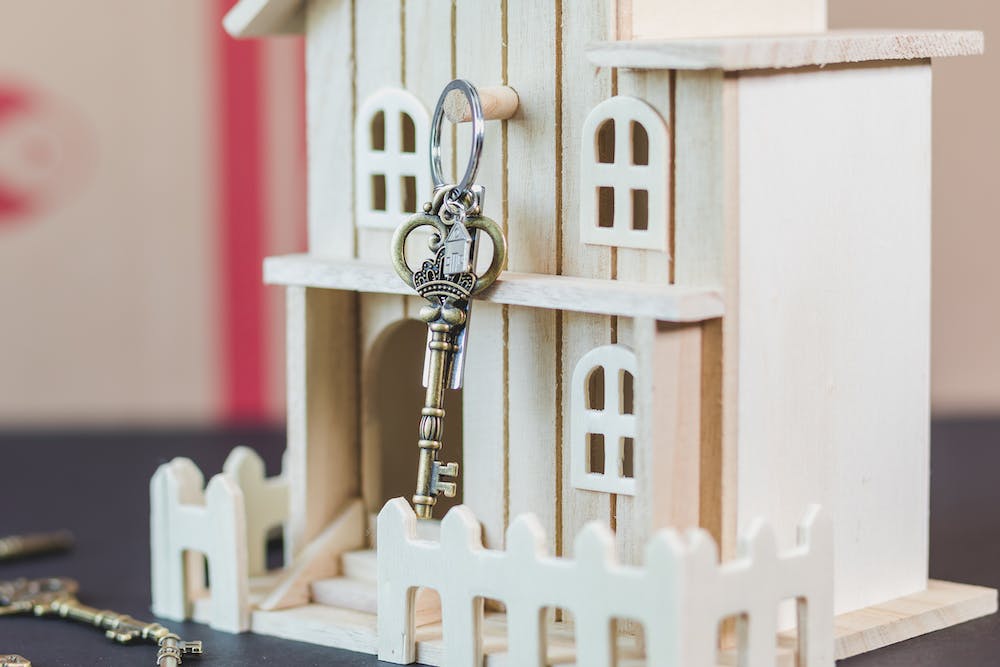If you’re thinking of buying an investment property, you might be wondering how to finance it. Buying a property for rental income or capital appreciation can be a smart move, but it also comes with some challenges. Here are 7 home financing tips for buying an investment property that can help you make the best decision.
 1. Save up for a large down payment. Unlike primary residences, investment properties usually require a higher down payment, typically 20% or more. This can help you avoid paying private mortgage insurance (PMI) and lower your monthly payments.
1. Save up for a large down payment. Unlike primary residences, investment properties usually require a higher down payment, typically 20% or more. This can help you avoid paying private mortgage insurance (PMI) and lower your monthly payments.
 2. Shop around for the best mortgage rate. Different lenders may offer different interest rates and terms for investment properties, so it pays to compare multiple options. You can use online tools or work with a mortgage broker to find the best deal.
2. Shop around for the best mortgage rate. Different lenders may offer different interest rates and terms for investment properties, so it pays to compare multiple options. You can use online tools or work with a mortgage broker to find the best deal.
 3. Consider a cash-out refinance. If you have equity in your current home, you may be able to use it to buy an investment property. A cash-out refinance allows you to borrow more than you owe on your existing mortgage and use the difference for another purpose, such as buying a rental property.
3. Consider a cash-out refinance. If you have equity in your current home, you may be able to use it to buy an investment property. A cash-out refinance allows you to borrow more than you owe on your existing mortgage and use the difference for another purpose, such as buying a rental property.
 4. Explore alternative financing options. If you don’t qualify for a conventional mortgage or want more flexibility, you may want to look into other ways of financing your investment property. Some examples are hard money loans, private money loans, seller financing, and crowdfunding.
4. Explore alternative financing options. If you don’t qualify for a conventional mortgage or want more flexibility, you may want to look into other ways of financing your investment property. Some examples are hard money loans, private money loans, seller financing, and crowdfunding.
 5. Factor in all the costs. Buying an investment property is not just about the purchase price and the mortgage payment. You also need to consider other expenses, such as closing costs, property taxes, insurance, maintenance, repairs, vacancy, and property management fees.
5. Factor in all the costs. Buying an investment property is not just about the purchase price and the mortgage payment. You also need to consider other expenses, such as closing costs, property taxes, insurance, maintenance, repairs, vacancy, and property management fees.
 6. Do your due diligence. Before you buy an investment property, you need to do your homework and research the market, the neighborhood, the property condition, and the rental potential. You should also consult with a tax professional and a real estate attorney to understand the legal and tax implications of your investment.
6. Do your due diligence. Before you buy an investment property, you need to do your homework and research the market, the neighborhood, the property condition, and the rental potential. You should also consult with a tax professional and a real estate attorney to understand the legal and tax implications of your investment.
 7. Start small and scale up. If you’re new to real estate investing, you may want to start with a single-family home or a duplex that is easier to manage and finance than a larger or more expensive property. As you gain experience and income, you can gradually expand your portfolio and diversify your investments.
7. Start small and scale up. If you’re new to real estate investing, you may want to start with a single-family home or a duplex that is easier to manage and finance than a larger or more expensive property. As you gain experience and income, you can gradually expand your portfolio and diversify your investments.

